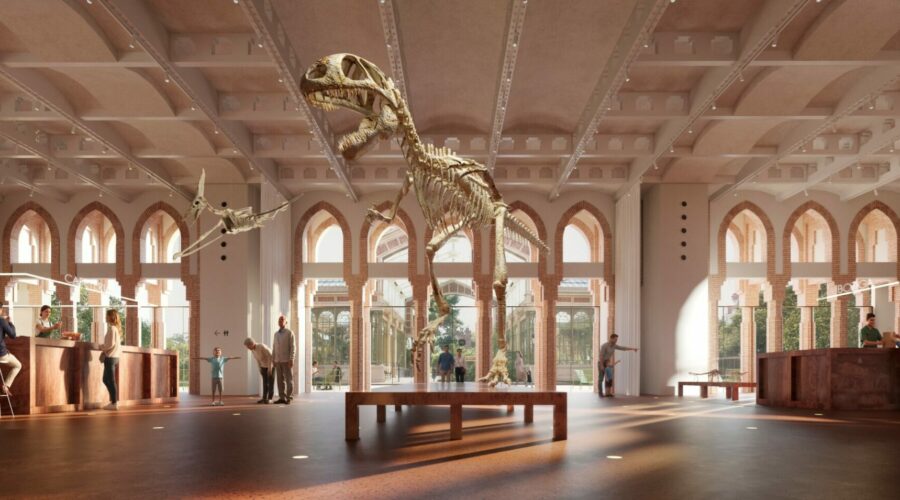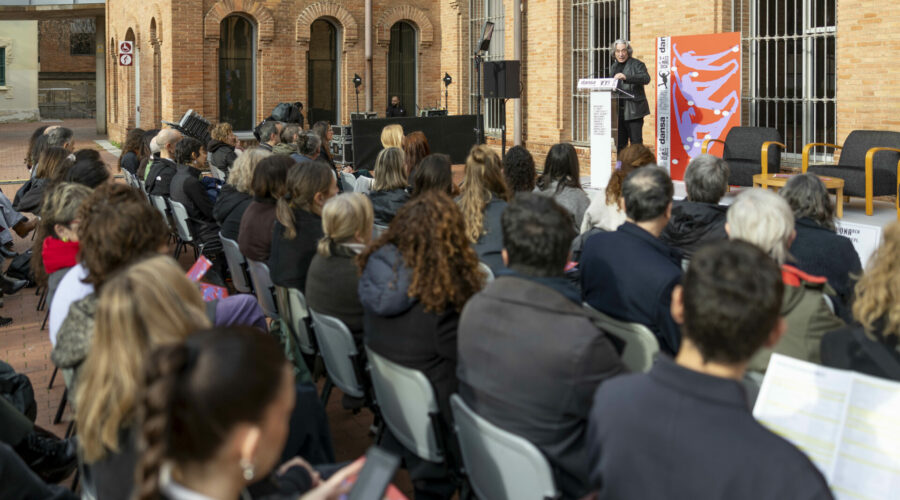
After more than 80 years of history in Barcelona, the shoe store Calçats Palou closes its doors forever in the city and had never closed since 1941.
For so many years, it became one of the most emblematic stores in the Catalan capital at 65 Hospital Street, in the heart of the Raval.
It was one of the best known shoe shops in Ciutat Vella. In addition, it had good ratings on Google from its customers, including five out of five star ratings.
The comments also highlight the excellent customer service provided by the salespeople.
However, despite all the positive aspects, on January 19, 2023, it closed its doors for good.
Some customers posted the event on social networks lamenting the situation and recalling the history of the store.
They even stated that much of the responsibility for the closure is due to the poor and deficient management of the municipal government.
Opinions on the closing of Calçats Palou shoe store
Several neighbors of the local commerce did not take long to appear and comment on the facts.
They say that the closure is a pity, since there are only three or four traditional stores that have been there all their lives.
They state that local commerce has not had the necessary support to move forward.
It is very unfortunate, say the neighbors, that this is not the only business that has had to close its doors forever in Barcelona and above all, against its will.
Over the last few months, several venues have had to close or leave the city, absorbed by gentrification, investment funds and inflation, among other factors.
Another of these businesses affected was the Giraut bakery with more than 140 years of history.
It was one of the longest-established businesses in the Hostafrancs neighborhood, which also had to close.
In this case, the closure was due to the high price of the invoices and because there was no generational replacement to take over the business.
Proximity commerce in Barcelona
It is the same neighborhood commerce and municipal markets that give life and supplies to the city’s neighborhoods.
Over the years, Barcelona has been consolidating a commercial model and municipal markets based on proximity, sustainability and responsibility.
There are about 61,000 stores and 43 markets throughout the city and its streets. They are grouped in commercial hubs, associations and guilds, seeking to offer a good service to customers.
However, they were affected by the pandemic and many had to close their doors. The City Council indicated that it has been supporting them with a shock plan that included more than 40 measures.



